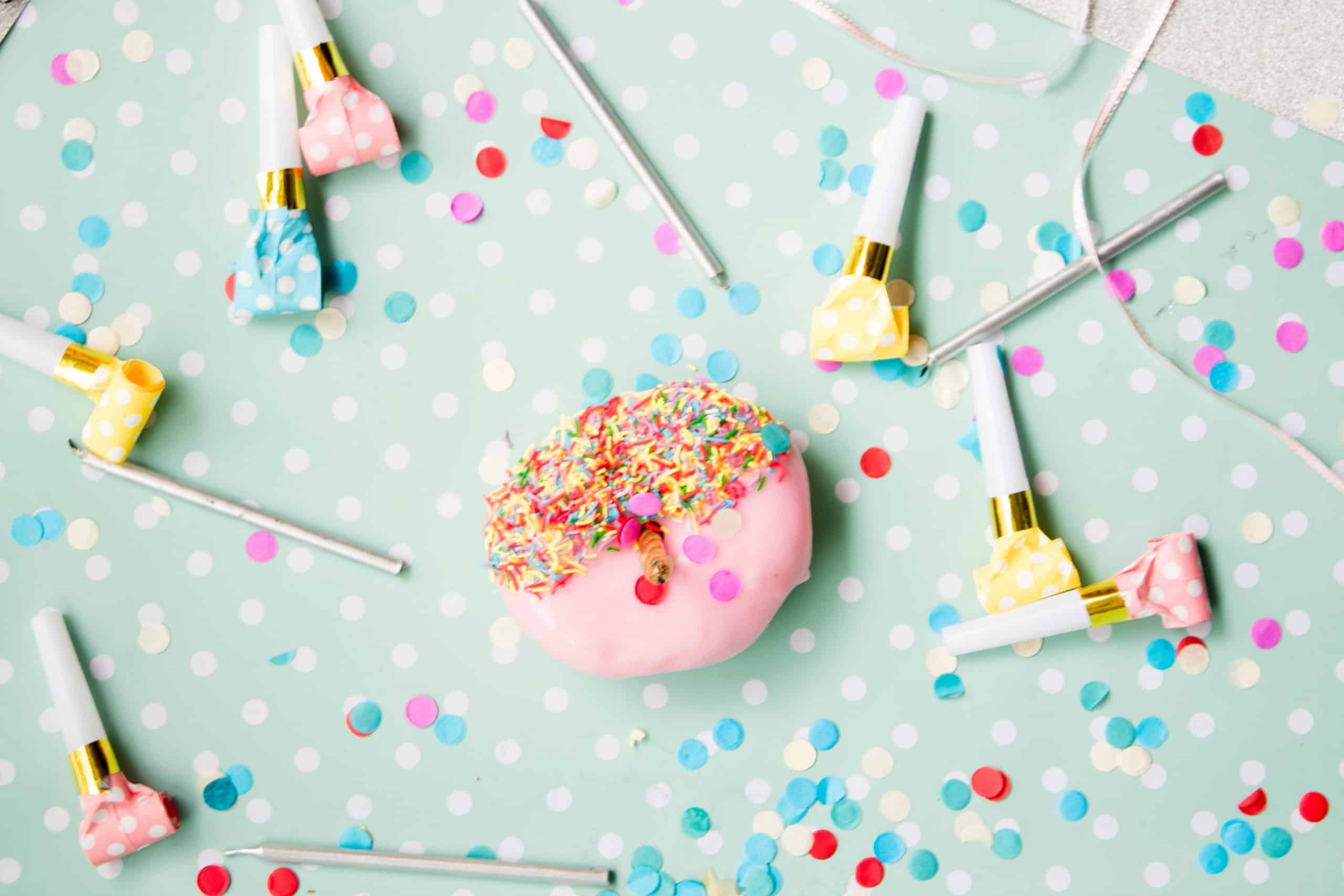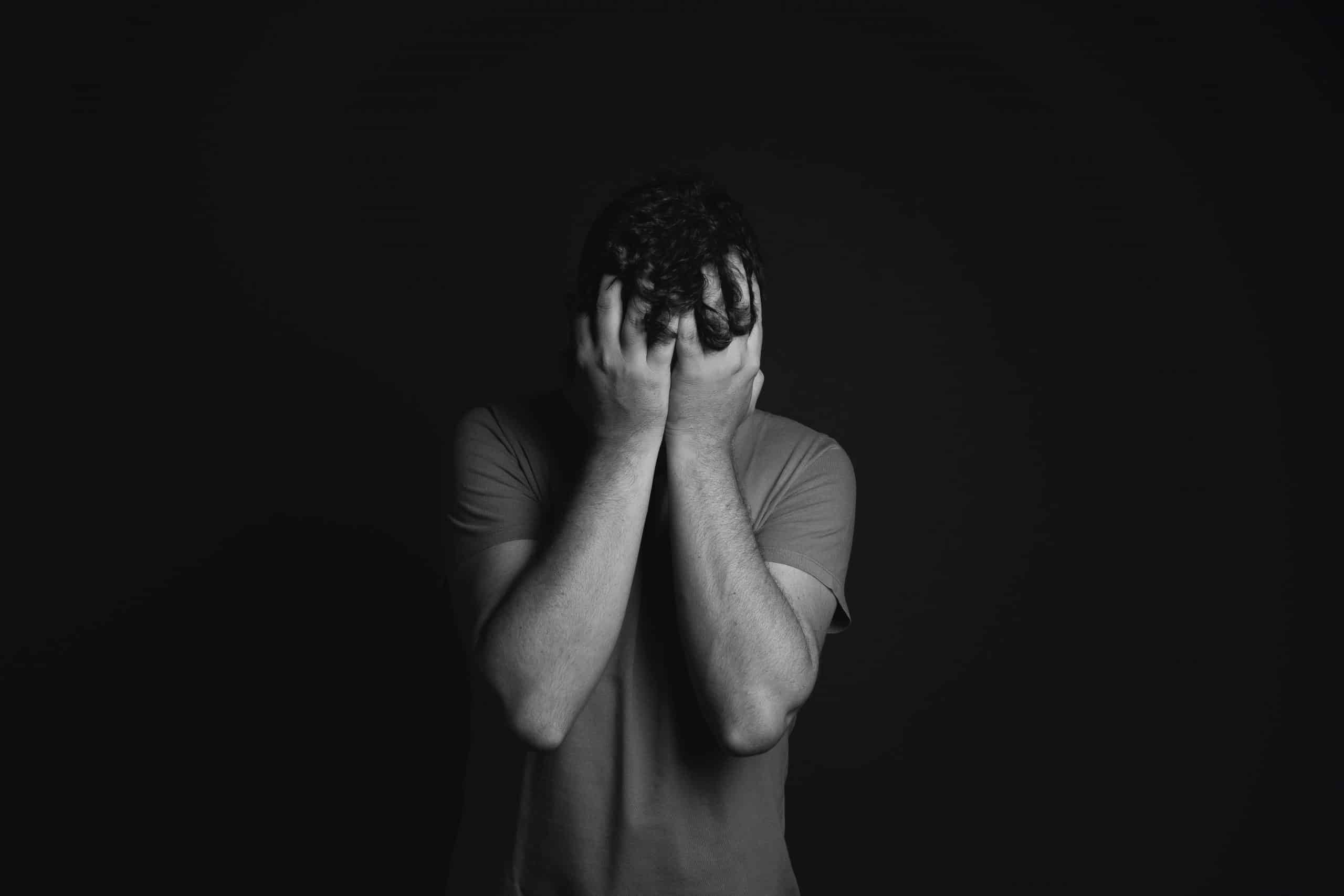Addiction recovery is all about creating change in your life by forming healthy habits to give you a positive outlook on your recovery. During your addiction recovery, you will want to establish habits that can help you both physically and mentally.
Planning out a routine can set a foundation for you to start making healthy choices. It enables you to set aside a specific time to work on your mental, emotional, or physical health. Everyone deals with addiction differently, and therefore each person might have a different type of routine. It is important to find a routine that will work for you.
Creating Healthy Habits
During your addiction recovery, you will work on creating and maintaining healthy habits. It’s hard to kick old habits without having new habits to replace them. The first step to creating healthy habits is identifying both your long-term and short-term goals. Once you’ve broken down your long-term goals into short-term goals, you can analyze what habits will help you to meet these goals and help you through your recovery. Healthy habits become easier each time you do them, and establishing a routine can encourage you to practice specific healthy habits every day.
Breaking down your long-term goals into short-term goals and focusing on identifying the habits you want to change can help make the process of developing healthier habits less overwhelming. Sometimes looking at the broader picture of what you would like to accomplish can make the goal feel unobtainable and far away, but breaking down your goals into feasible actions and changes you can immediately enact in your life will make it easier for you to see how your goals can be achieved. You will probably want to work on a combination of your mental, emotional, and physical habits, as each one affects the others. Developing tools to combat unwanted negative emotions and behaviors can help you implement the positive changes you want to make in your life.
Benefits of Following a Routine
Following a routine can force you to practice healthy habits. If you schedule yourself to go on a run every morning, then it is more likely that you will go running every day. Creating a routine takes out the guesswork. You don’t have to think about when you’re going to exercise or schedule therapy in between other daily activities and responsibilities. Addiction retreatment centers often create routines for their clients to take away the stress of having to figure it out on their own.
Staying busy with a routine also helps prevent you from belaboring on negative thoughts. When you always know what’s coming next in your day, it can be easier for you to focus on the next thing in your schedule, instead of allowing your mind to drift. Practicing your routine should make the activities in your routine become a habit, making it easier and easier for you to make healthy decisions in your life. Your routine should include your daily activities such as therapy, work, meals, and time to practice self-care. However, you can also schedule time to practice positive self-talk or journaling your emotions. Creating a routine to use the emotional tools given to you by a counselor or therapist can make it easier for you to use them when you are in a stressful situation.
Planning Out Your Routine
Plan out your routine with your counselor or therapist. You are not in this alone, and your counselor or therapist should be more than willing to help you establish a routine that will encourage healthy habits. Since they are familiar with your strengths and weaknesses, they know how to structure your routine in a way that will encourage the most progress. When planning your routine, it is also important to make sure you don’t overload your schedule.
Having an over-packed schedule will discourage you from sticking to your routine. Your schedule should not scare you, but rather take away the indecisiveness of choosing what you’re going to do each day. If your schedule seems too bare-bones, remember you can always add more things to your routine later on. To start, you’ll want to pick a few things you need to work on. The less you have to focus on, the more likely it will be for you to achieve your goals. Then you want to prioritize the goal that is most important for you to achieve and have your routine reflect this in the amount of time allotted for what you have scheduled.
Setting goals that you prioritize and schedule into a daily routine can help you achieve a healthy, happy, and satisfying life during your recovery. Shoreline Addiction Recovery Center is dedicated to helping you create a routine that is conducive to your sobriety and your recovery goals. We will make sure you don’t overschedule yourself and that your goals are realistic and obtainable.
Creating healthy habits is essential for sobriety because it can help you kick unhealthy habits and allow you to move on from your past. A routine should make it easier for you to establish healthy habits in your life and maintain those habits throughout your addiction recovery. At Shoreline Addiction Recovery Center, our highly experienced and friendly staff will work closely with you to guide you through the addiction recovery process and help create a routine designed to fit your needs. Please call (866) 278-8495 today for more information.




